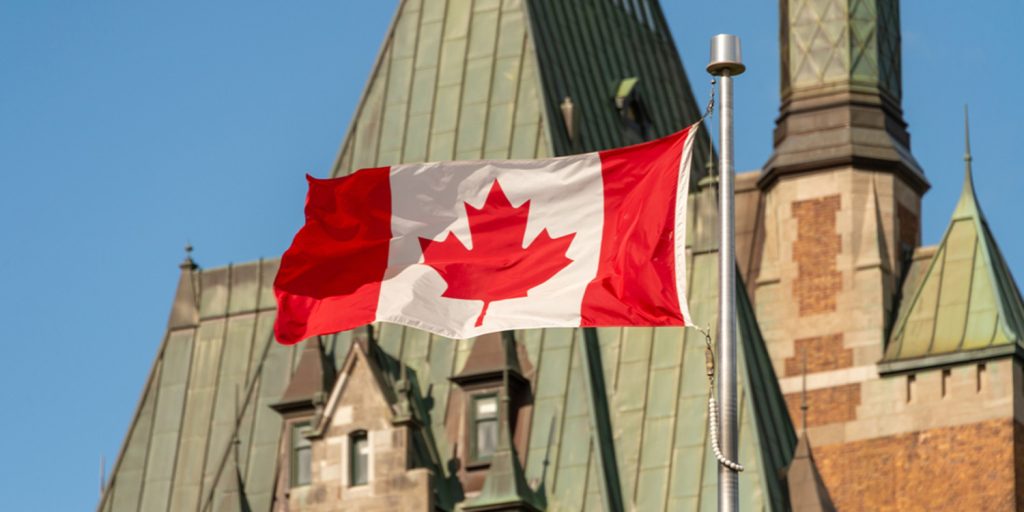
The Government of Canada has announced more than $22 million in funding to support eight projects aimed at accelerating battery innovation and expanding domestic production capacity. The investment, delivered through the Energy Innovation Program (EIP), is part of the federal strategy to strengthen Canada’s clean energy sector and battery supply chain.
The announcement was made on Oct. 3 by Tim Hodgson, Minister of Energy and Natural Resources, who emphasized the role of batteries in supporting electric vehicles and integrating renewable energy into the grid. According to the government, global battery demand is expected to increase nearly 150-fold between 2022 and 2050, presenting a significant opportunity for Canadian industry.
“Canada has the resources, talent and skills to be a global leader in battery innovation,” said Minister Hodgson. “By harnessing our critical minerals and the expertise of Canadian innovators, we’re catalyzing industry investments into new projects and developing a world-class battery ecosystem that drives our economy and delivers good jobs and real benefits for people across the country.”
The funded projects span five provinces and focus on improving battery performance, reducing production costs and scaling up advanced manufacturing technologies.
Funded projects include:
NOVONIX Battery Technology Solutions Inc. (Bedford, Nova Scotia)
Funding: $5,000,000
This project will demonstrate the commercial feasibility of an all-dry, zero-waste cathode active material production process by optimizing performance and efficiency at the company’s pilot facility.
Calumix Technologies Inc. (London, Ontario)
Funding: $4,545,000
Calumix will scale up its advanced manufacturing platform for applying conductive carbon coatings to battery current collector foils, enabling higher energy and power density with a lower environmental footprint.
Flex-Ion Battery Innovation Center (Windsor, Ontario)
Funding: $3,319,640
The center will develop next-generation ultrahigh-capacity cylindrical cells using dry electrode coating and internal thermal cooling to improve energy density and safety.
Nanode Battery Technologies (Edmonton, Alberta)
Funding: $1,500,000
This project will design and optimize tin-based anode materials to increase energy storage capacity in lithium-ion and sodium-ion batteries.
HPQ Silicon Inc. (Montreal, Quebec)
Funding: $3,000,000
HPQ aims to develop continuous production equipment for high-purity silicon oxide (SiOx) anode material, used in high-energy-density lithium-ion cells.
E-One Moli Energy (Canada) Ltd. (Maple Ridge, British Columbia)
Funding: $1,620,314
This project will enhance the power capability of 21700-format lithium-ion cells through advanced current collector design.
E-One Moli Energy (Canada) Ltd. (Maple Ridge, British Columbia)
Funding: $1,067,499
A second project will focus on improving the low-temperature performance of high-power lithium-ion cells through electrolyte optimization.
NanoXplore Inc. (Saint-Laurent, Quebec)
Funding: $2,750,000
NanoXplore will develop ultra high-power lithium-ion cylindrical cells for use in defense applications and power tools, with a focus on domestic production.
The government stated that these projects align with national priorities to support clean technology development, reduce emissions and promote energy sovereignty. The funding is also expected to contribute to job creation and economic growth in the clean energy sector.
“With this $22-million investment, our government is supporting innovative projects that will strengthen Canada’s battery industry ecosystem,” said Minister Hodgson. “The projects announced, including those here in Montreal, play a key role in developing cutting-edge technologies that will contribute to the energy transition, job creation and competitiveness of our industries. By investing in innovation, we are protecting Canadians, promoting a more resilient future and strengthening our economy.”
cleantechnology.ca

